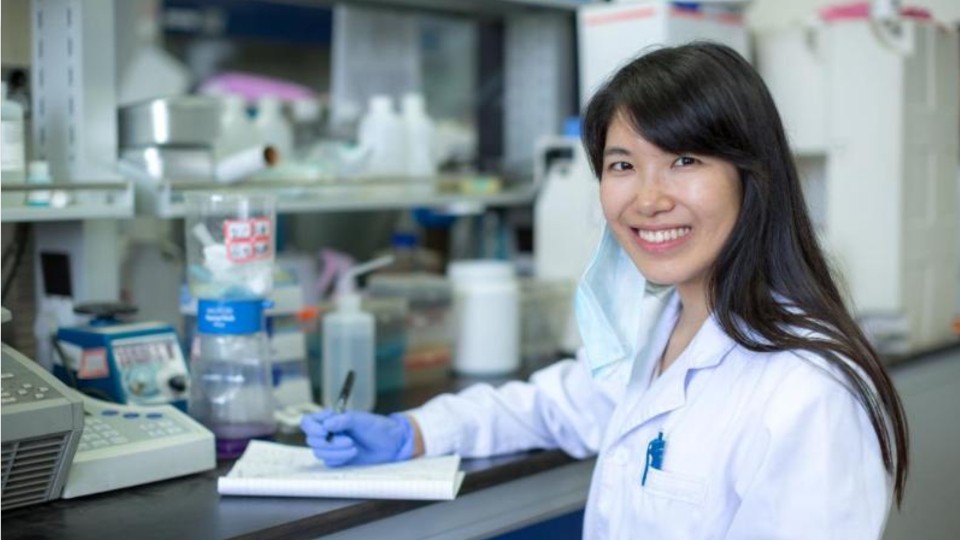Cytotechnologists
Cytologist, Cytology Applications Specialist, Cytology Coordinator, Cytotechnologist
What they do:
Stain, mount, and study cells to detect evidence of cancer, hormonal abnormalities, and other pathological conditions following established standards and practices.
On the job, you would:
- Examine cell samples to detect abnormalities in the color, shape, or size of cellular components and patterns.
- Document specimens by verifying patients' and specimens' information.
- Submit slides with abnormal cell structures to pathologists for further examination.
Knowledge
Math and Science
- biology
Health
- medicine and dentistry
Arts and Humanities
- English language
Business
- administrative services
Skills
Basic Skills
- reading work related information
- listening to others, not interrupting, and asking good questions
Problem Solving
- noticing a problem and figuring out the best way to solve it
Abilities
Verbal
- listen and understand what people say
- read and understand what is written
Hand and Finger Use
- keep your arm or hand steady
- put together small parts with your fingers
Ideas and Logic
- make general rules or come up with answers from lots of detailed information
- notice when problems happen
Visual Understanding
- see hidden patterns
Personality
People interested in this work like activities that include ideas, thinking, and figuring things out.
They do well at jobs that need:
- Attention to Detail
- Dependability
- Integrity
- Independence
- Analytical Thinking
- Cooperation
Technology
You might use software like this on the job:
Medical software
- MEDITECH software
- Prognosis Innovation Healthcare ChartAccess
Spreadsheet software
- Microsoft Excel
Expert system software
- Ansible software
Education
Education: (rated 5 of 5)
bachelor's degree or
certificate after college
usually needed
certificate after college
usually needed
Job Outlook
Bright
New job opportunities are very likely in the future.
Explore More
- Cytogenetic Technologists
- Histology Technicians
- Histotechnologists
- Medical & Clinical Laboratory Technologists
- Physicians, Pathologists
You might like a career in one of these industries:
See more details at O*NET OnLine about cytotechnologists.





